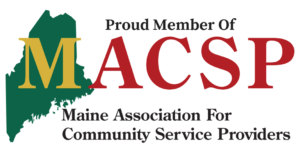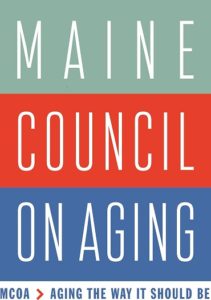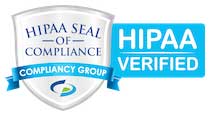How Does Autism Affect A Person's Life?

Autism is a complex spectrum disorder that leads to developmental disabilities. Scientists believe that there could be myriads of reasons that cause autism disorder. People with ASD face substantial developmental challenges.
ASD causes a range of symptoms which is different for everyone. Therefore, while most people with ASD have difficulty communicating and interacting with others, there aren't any specific set of traits that can be associated with people with autism.
ASD is usually diagnosed before or after the age of 3, and it can last throughout one's life. Studies show that autism is more common in boys than girls, i.e., 1 in every 42 boys is identified as having ASD compared to the girls' ratio, i.e., 1 in 189 girls. Let's learn more about ASD and how it affects a person's daily life.
ASD and Symptoms
There are three types of autism:
- Pervasive Developmental Disorder-Not Otherwise Specified (PDD-NOS)
- Autism Disorder
- Asperger's Syndrome
Some common symptoms of autism are lack of interaction or communication, repetitive behavior, and difficulty paying attention. Some people also have unusual sleeping, eating habits, and emotional reactions. All these symptoms make everyday life very challenging.
Autism and Daily Life
Autism affects every person differently. People with autism have different degrees of disabilities, which makes everyone's experience unique. Whereas some people are nonverbal, others have a good grip on conversation. Some may require help and support in everyday life; others can live independently without support.
Autism also affects learning and one's ability to be emotional or react to certain emotions. All of these affect their ability to make friends, socialize, or for some, manage simple tasks that kids their age can do easily.
Impact on Language and Other Skills
Language and socialization are a huge part of our lives. One's inability to communicate and interact with others can make it difficult to connect with people and form a bond.
Individuals with autism also have difficulty understanding nonverbal cues and sarcasm or even metaphors from other people. They also struggle with empathy or sympathy towards others. All these difficulties make their daily life a constant struggle.
Sensory Disorder
Most people with ASD have a neurological disorder that affects their physical senses such as taste, touch, sight, hearing, and smell. They can be bothered and feel uncomfortable in the presence of loud noise or too much light. It can also happen when someone stands too close or touches them.
Sensory processing disorder makes people sensitive to sensory inducements. Over two-thirds of people with autism have SPD, making it hard to navigate everyday life. Sensory overload can lead to outbursts and a complete lack of communication.

If you or your loved one needs a home health care service, you're in the right place. At Assistance Plus, we offer behavioral health services, home health care, disability support, and elderly care services.
We also offer shared living services for adults and kids with intellectual and developmental disabilities or autism.
Contact us to learn more about our services.










